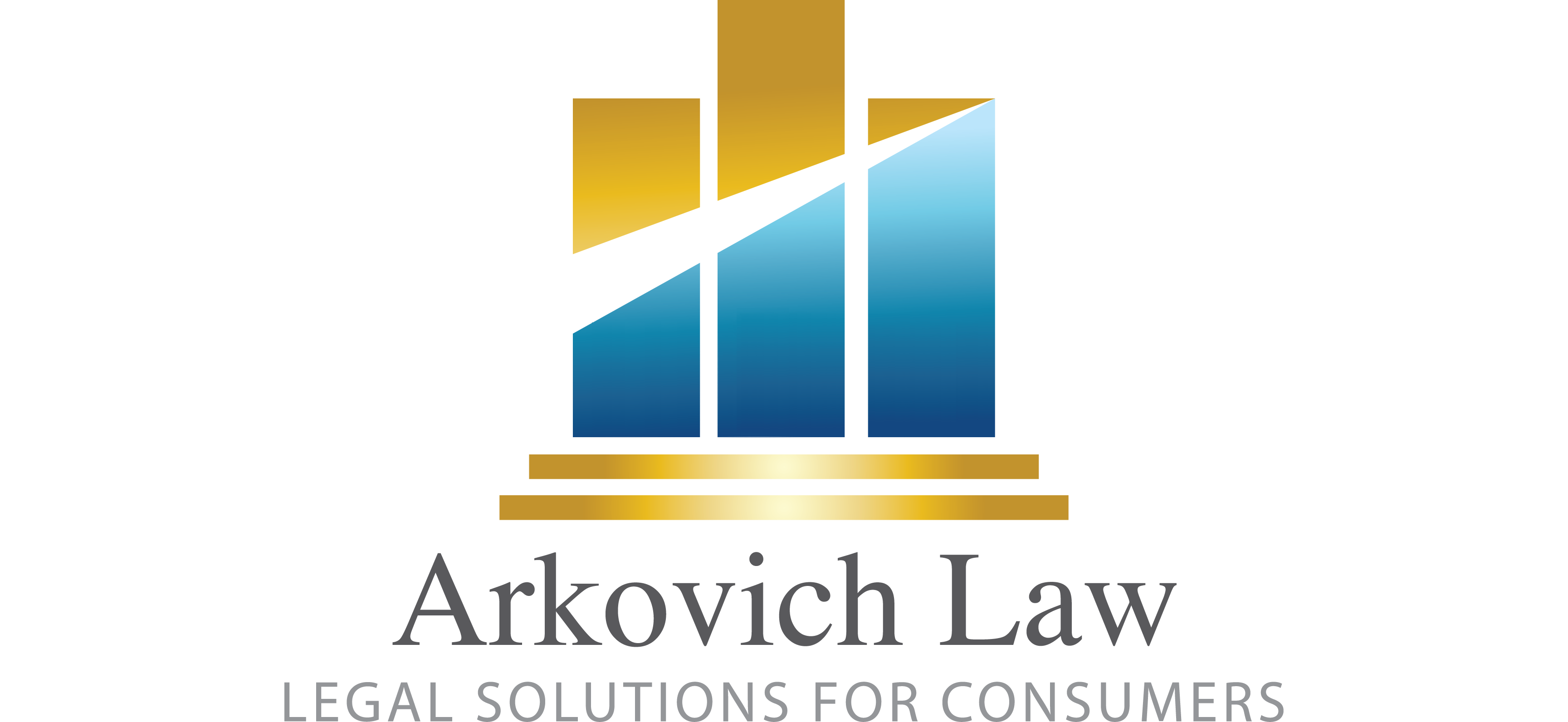 This month, lots of debt collectors are filing cases. You may have been served recently. First, don’t ignore it. If you ignore a summons, it’s easy for the debt collector to get a judgment and start to garnish your wages or bank accounts. Don’t do it. We call that “low hanging fruit”. They like when you default. It’s an automatic win for them.
This month, lots of debt collectors are filing cases. You may have been served recently. First, don’t ignore it. If you ignore a summons, it’s easy for the debt collector to get a judgment and start to garnish your wages or bank accounts. Don’t do it. We call that “low hanging fruit”. They like when you default. It’s an automatic win for them.
There are many possible defenses. Perhaps their paperwork is bad. Perhaps they tried to collect too aggressively and violated our consumer laws. Maybe they waited too long to sue and the statute of limitations ran. Something. Anything.
You can also settle. A settlement before they win. After they win, they no longer want to settle on terms that you may find attractive.
 Reboot Your Life: Tampa Student Loan and Bankruptcy Attorney Blog
Reboot Your Life: Tampa Student Loan and Bankruptcy Attorney Blog


